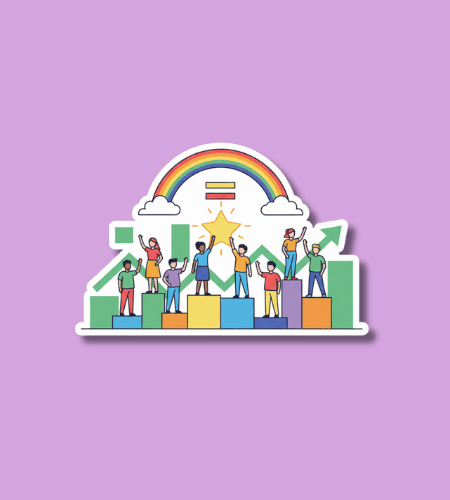Every year, Equal Opportunity Day, observed on November 19, serves as a reminder of the universal principle that every person should have the chance to succeed based on their merits—not be hindered by discrimination. The date was originally chosen to coincide with the anniversary of Gettysburg Address, delivered by Abraham Lincoln on November 19, 1863, in which he called the nation to reflect on equality and human dignity. This day provides an opportunity to recommit ourselves to breaking down artificial barriers—be they racial, gender-based, economic, or social—and to ensuring that opportunity is genuinely open to all.
Table of Contents
History of Equal Opportunity Day
The concept of Equal Opportunity Day was formally launched in 1956 by the National Urban League. They selected November 19 to link the observance with the Gettysburg Address, a speech that emphasized “a new birth of freedom” and equality for all. In a statement from President Dwight D. Eisenhower, he urged “every citizen … to join in the effort to abolish all artificial discrimination which hinders the right of each American to advance in accordance with his merits as a human being and his capacity for productive work.” Over the decades, while the observance has not always gained broad public-holiday status, many organizations mark the day with special programs—dinners, awards, public forums and readings of Lincoln’s Address.
Why is Equal Opportunity Day important?
Equal Opportunity Day matters because it brings focus to a foundational ideal: that societal structures should enable people to advance without unfair hindrance. When opportunity is restricted by prejudice or unequal access, talent goes unutilized and social mobility is blocked.
It also serves as a prompt for action: institutions, employers, and citizens are invited to look at where inequality persists, to discuss implicit bias, and to create conditions in which equality of opportunity becomes a lived reality—not just an aspiration.
- It honors the legacy of the Gettysburg Address and its call for equality.
- It reminds us of the ongoing challenge of eliminating artificial barriers to success.
- It encourages institutions to evaluate whether access and fairness are genuinely present.
- It recognizes the role of individuals and communities in advancing inclusive opportunity.
- It fosters public conversation around merit, access, and justice in society.
How to Observe Equal Opportunity Day
Observing Equal Opportunity Day can take many forms: reading the Gettysburg Address, participating in discussions about equality, supporting programs that promote access, or encouraging policies that open doors for historically underserved communities. It’s both reflective and proactive—an invitation to reaffirm ideals and to take concrete steps.
In your personal or professional life, you might ask, Where are opportunities blocked? What can be done to open them? You might support a local organization or event focused on inclusion, fairness, and access.
- Read or share the Gettysburg Address as a reflection on equality.
- Attend or watch an event by an organization committed to expanding opportunity.
- Mentor or support individuals from underrepresented backgrounds in your field.
- Advocate for fair hiring, promotion, and access practices in your workplace.
- Reflect on your own biases and actions that can promote or hinder equal access.
Equal Opportunity Day Dates Table
| Year | Date | Day |
|---|---|---|
| 2026 | November 19 | Thursday |
| 2027 | November 19 | Friday |
| 2028 | November 19 | Sunday |
| 2029 | November 19 | Monday |
| 2030 | November 19 | Tuesday |
Subscribe to our newsletter and never miss a holiday again!

